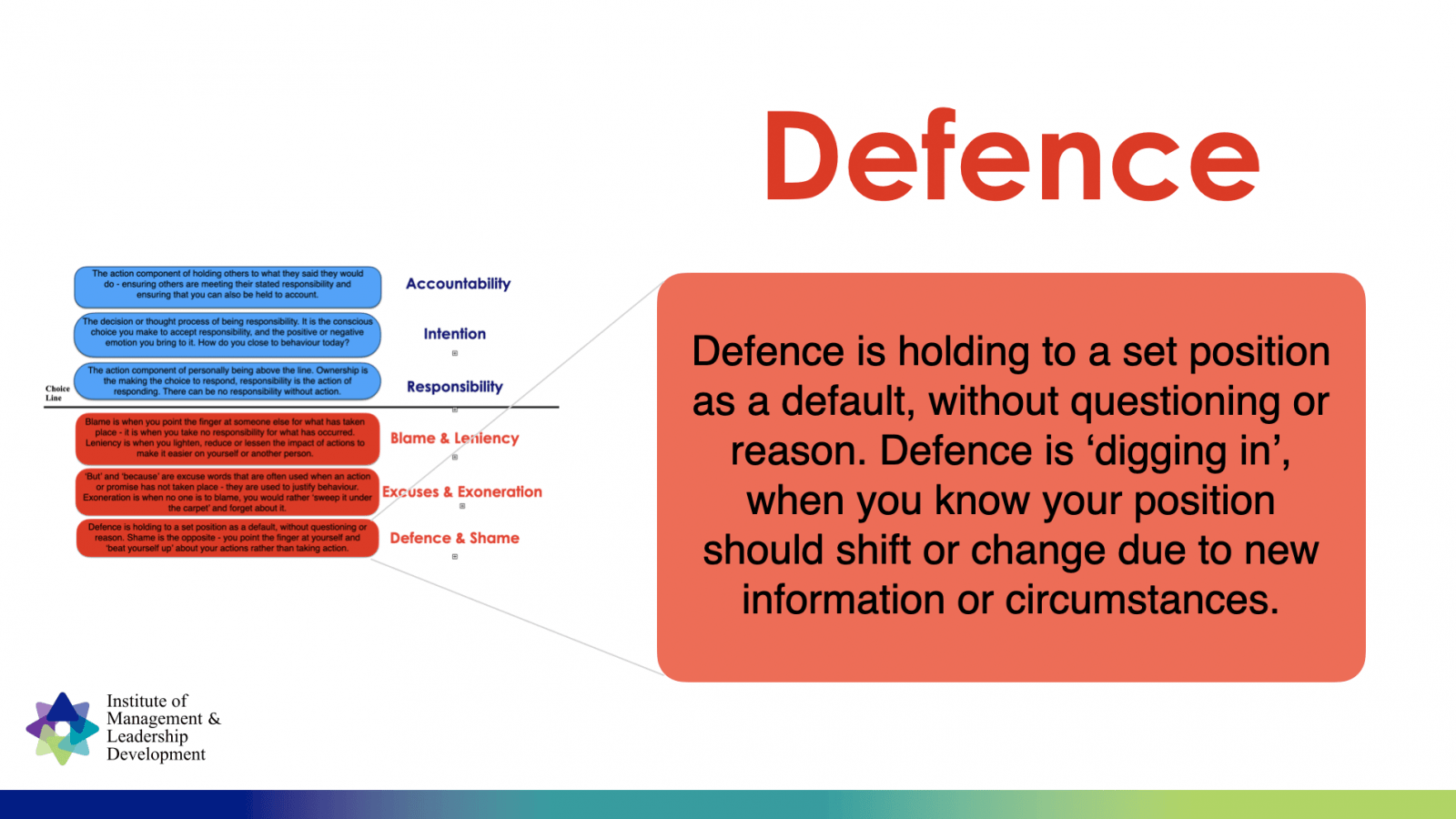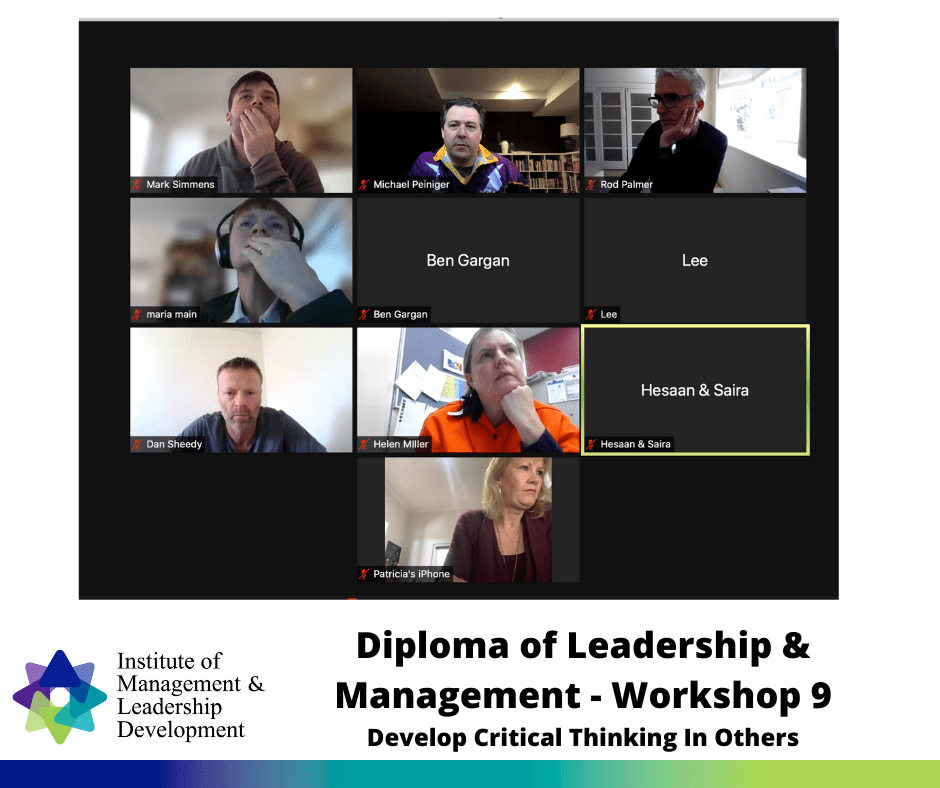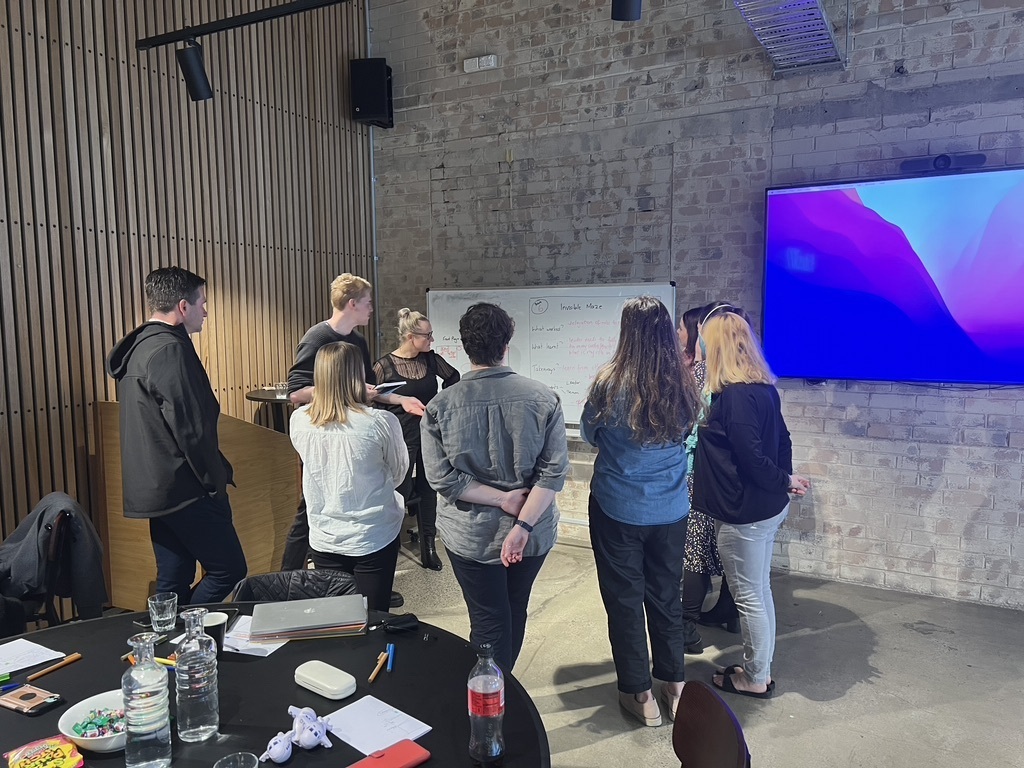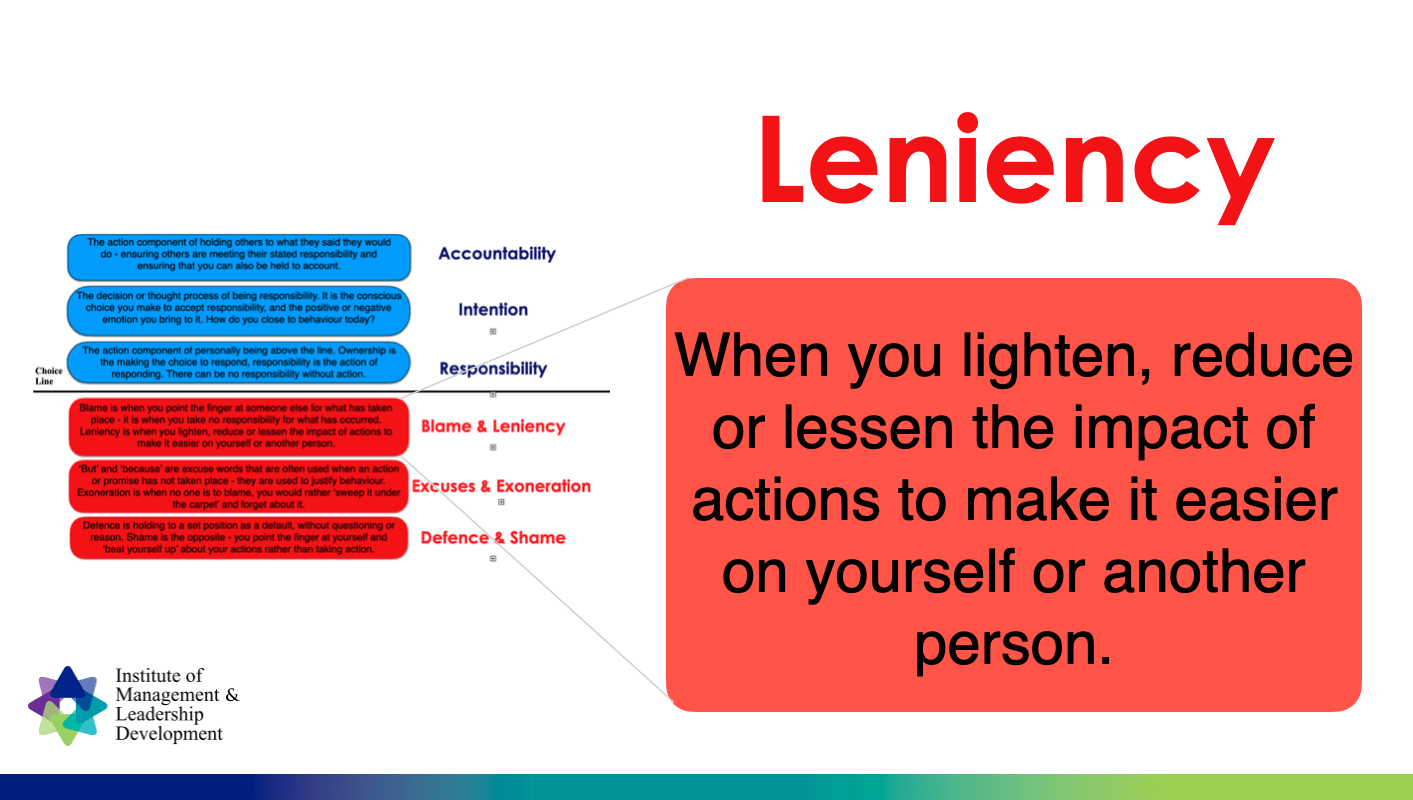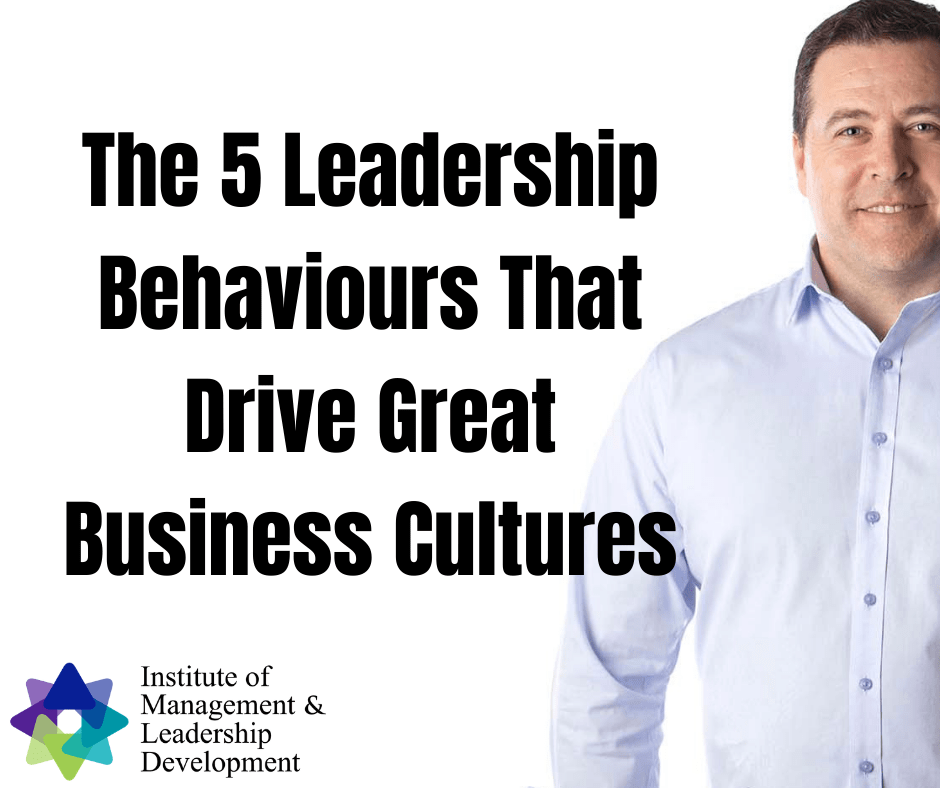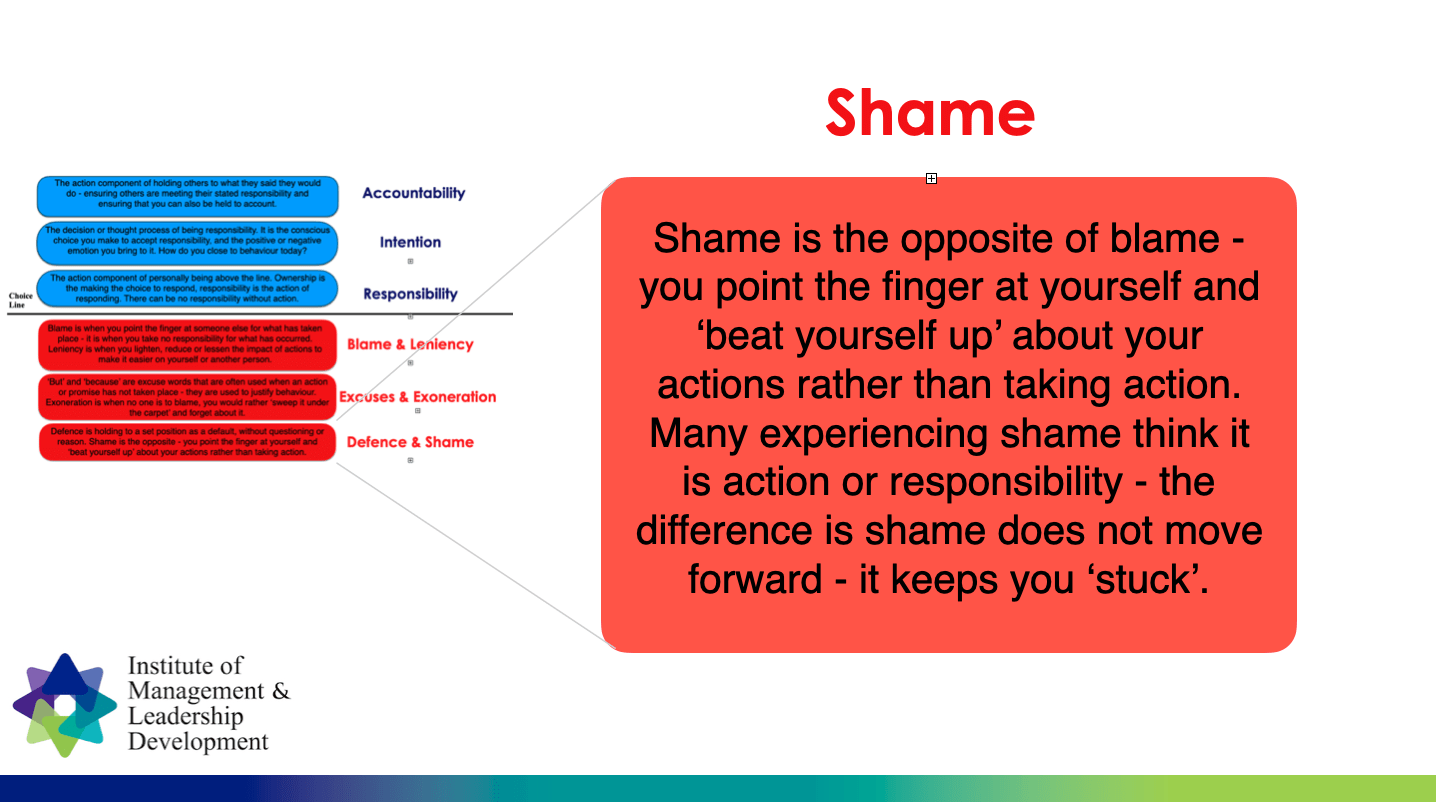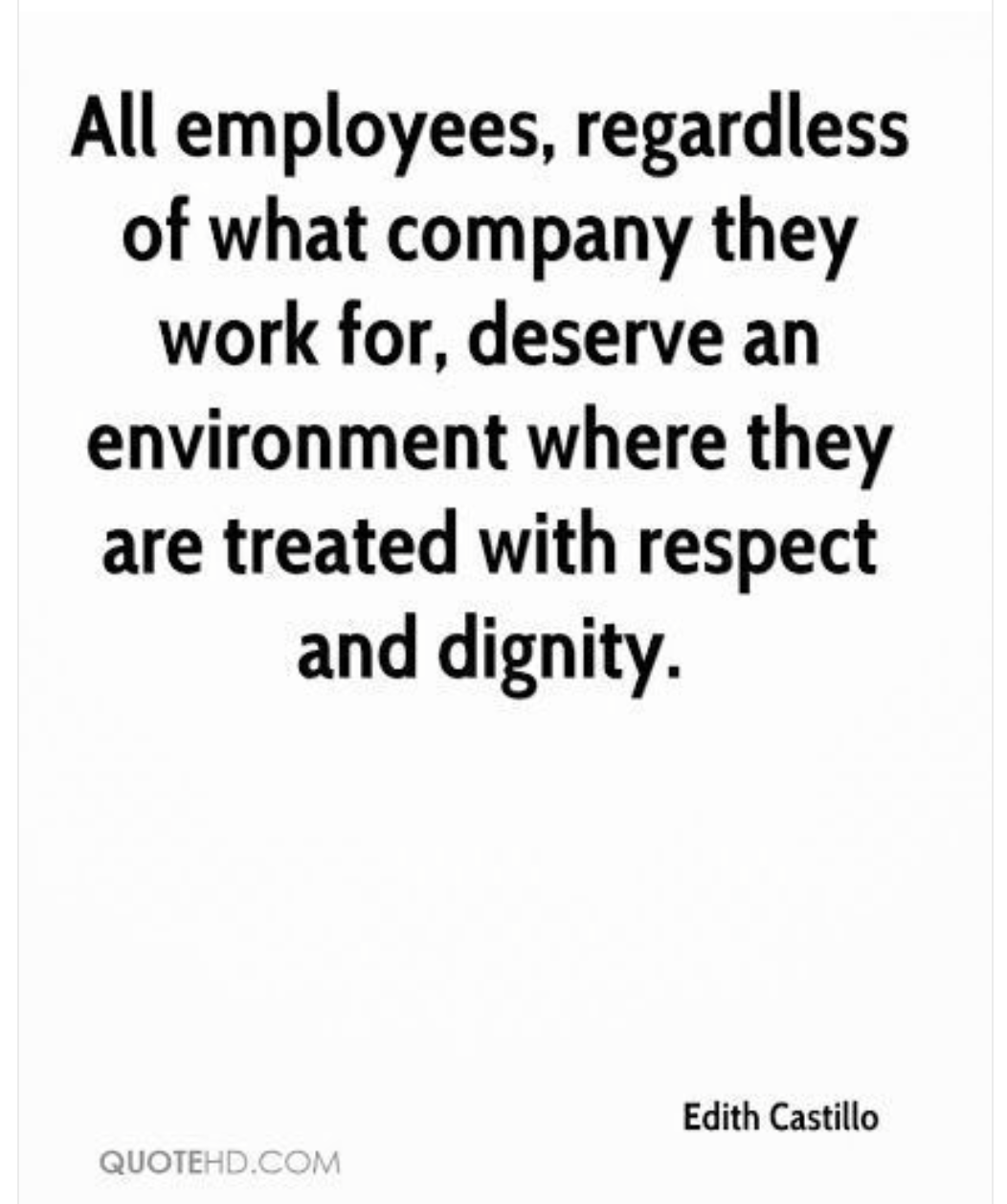Hello and welcome to the September edition of our Monthly Newsletter ‘Developing Leaders’, the once a month focus on leadership, leadership development, high-performing teams and business culture. Looking for some light reading as the sun is starting to shine some more?
This month, our short articles are focussed on your leadership development, and in particular, your personal leadership development. Have you wondered what the most important role of a leader is? (in our opinion anyway – there are many opinions on this!) As well as address this specifically, one of the easiest (and hardest!) places to start is looking at our own personal leadership and efficiency first, before looking to the shortcomings of our team.
With the pandemic responses of businesses vastly different, along with working from home arrangements, understanding the strengths and weaknesses of our personal leadership has never been more important.
This month has seen an extraordinary take up of leadership training and coaching, with our Emerging Leaders Program, Executive Leadership Program and Diploma of Leadership & Management all running concurrently. While we have believed that leadership development is an important part of business success for quite a while, it seems others are thinking the same thing this month! If developing your leadership (or that of your leadership team) is important to you, please get in touch.
We hope you enjoy the articles and as always, are open to suggestions for future articles on leadership, team development and business culture. Enjoy!
Kind regards, Michael and the team at IMLD
In this month’s issue of Developing Leaders, we share:

What Is A Leader’s Most Important Role?
In short, a leaders most important role is preventing drift; in themselves, their team and their results. But what is drift? Drift is when you set a path, course, vision or purpose (whatever you wish to call it) and you start to move away (consciously or unconsciously) from what was planned or agreed. Drift manifests itself in a number of ways:

What Does It Take To Build Trust In Your Team?
What does it take to build trust in your team? Have you ever thought about what it takes to build trust with you? ?What does it take to break your trust? ? Importantly, from both a personal, leadership and team perspective – what does it take to rebuild your trust? I agree with Simon Sinek – a team can be defined as a group of people who trust each other.

Are You Are A More Responsible Or Accountable Leader?
Are you a more responsible or accountable leader? When it comes to leading others, leading teams and leading high-performing teams, there is always a balance between getting your own work completed as well as that of your team. Often we can get caught doing all of our own work, and not paying attention tot he work of our team. Likewise, we can easily be focussed on the team’s work and needs, and leave our own work to the last minute.

Are You An Aligned Leader?
Effective Leadership Series Part 1: Are you an Aligned leader? What does it take to be aligned in your leadership behaviours?
The IMLD leadership model looks at 5 distinct leadership capabilities – Alignment, Awareness, Achievement, Altitude and Adaptability. Within each of these, there are 5 behavioural leadership traits,
To be an aligned leader, you:

We have the opportunity and privilege to work with some amazing managers and leaders from as part of their Emerging Leaders Program, which officially starts today.
For the next 6 months, we will be honing some leadership and behaviour skills with some amazing people who work in a demanding and challenging industry.The last couple of weeks has involved Velocity Leadership CheckPoint completion, debriefing with every participant, and setting some clear individual and business goals for the program.
At IMLD we try and stay as social as we can by sharing video’s, articles, posts and our own content as often as possible. If there is an area of leadership, management or high-performing teams you would like us to explore further, let us know via return email or one of the channels above!




